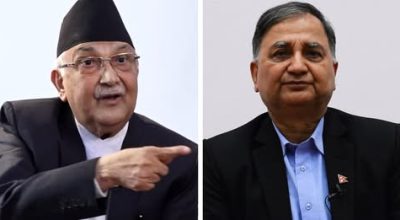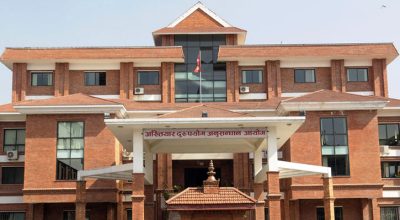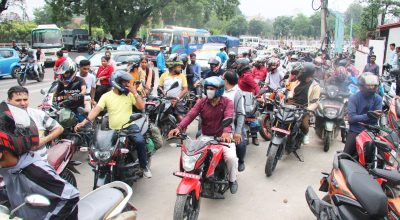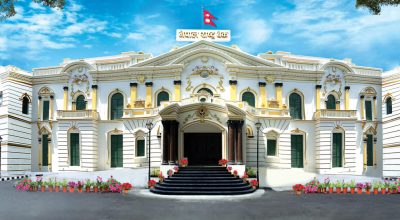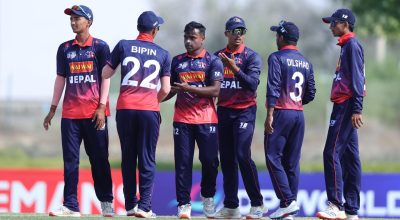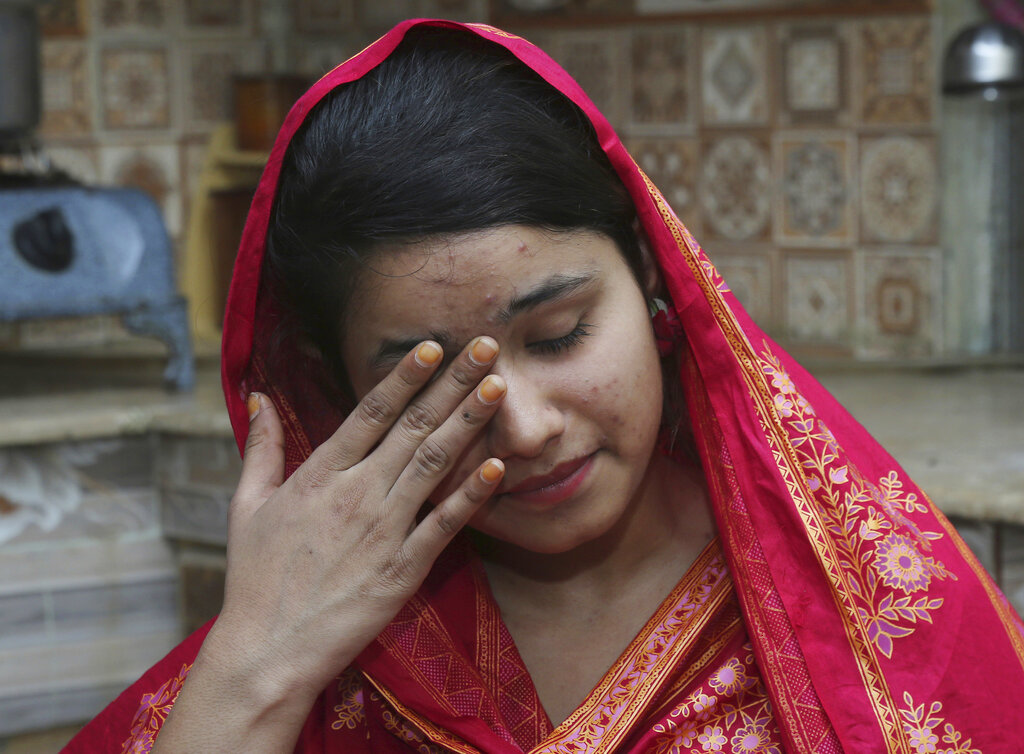
-Neera Gautam/RSS
Rupandehi: Abortion has been legalised in Nepal since March 2002 and in normal case, abortion up to 12 weeks’ gestation, with the consent of pregnant women, is legally allowed. In special cases, it is allowed up to 28 weeks of pregnancy.
But abortion is still taken a matter of stigma in the Nepalese society and among those undergoing abortion, some 58 percent chose unsafe procedures, data published by various organisations in the reproductive rights sector shows.
Though forced abortion is prohibited by law and thus punishable, in practice this is happening. Coercing a pregnant woman, threatening, enticing or tempting her for abortion is unlawful which suggest that it must be performed on the will and consent of pregnant woman, but many factors including social ones are compelling woman to go through this. Son’s preference is believed to have been one of the leading causes for abortion at present time in Nepal.
According to Ipas Nepal representative Laxman KC, a large section of people are unaware of the availability of safe abortion facilities in listed health institutes with the help of trained or licensed human resources. As he said, only 41 percent women of reproductive age have knowledge that abortion is legalised in Nepal.
The use of medicines without the prescription of trained health workers and the application of other procedures may end to health complications, he said during a gathering of media persons reporting about safe motherhood and abortion.
“There is high possibility of heavy bleeding following unsafe abortion therefore it must be performed on the supervision of doctors,” said IPAS representative Madhavi Bajracharya.
Though the legalisation of abortion has contributed to the rising of awareness level about safe abortion to some extent, expected results remain unachieved, she said.
Ipas Nepal data show during the fiscal year 2075-76 BS, 17,312 women received safe abortion. This number was 18,763 previous fiscal year.
To date of the fiscal year, 2,628 had visited hospitals following post-unsafe abortion health complications and this number was 3,306 previous fiscal year.
Sometimes, safe abortion may also lead to health issues and 1,855 had sought follow-up medical support for the same causes so far this year.
A total of 264 organisations have been listed for providing safe abortion facilities in the State 5.
Of those undergoing abortion, 11.98 percent are below 20 years of age and remaining 88.02 are above 20.
Unwillingness to use contraceptives and a (mis) belief that use of means of family planning would cause implications on health are also causes of unwanted pregnancies and abortion is the sole option to terminate unwanted fetus, claimed omen, Law and Development Forum’s state coordinator Narendra Basyal.
He spoke the need of working to raise awareness about is from every home, school and community instead of just investing in free abortion services to tackle the issue of unsafe abortion.
“Even urban and educated women and adolescents lack proper knowledge about the availability of safe abortion services in the country. Abortion is still stigtamised in the society that’s why needy seek alternatives to safe facilities which will ultimately end in bodily harms,” he added.
Ipas Nepal’s country director Dr Popular Gentle acknowledged media role vital for increasing people’s access to safe abortion and promoting women’s reproductive rights.
The Right to Safe Motherhood and Reproductive Health Act, 2075 (2018) has been in force to respect, protect and ensure women’s right relating to safe motherhood and reproductive health by making safe motherhood and reproductive health services safe, accessible and standard.
The Act has provisions that a pregnant woman shall have the right to get safe abortion. It has ensured termination of fetus up to twelve weeks, with the consent of the pregnant woman.
It is allowed up to twenty-eight weeks, as per the consent of such woman, after the opinion of the licensed doctor that there may be danger upon the life of the pregnant woman or her physical or mental health may deteriorate or disabled infant may be born in case the abortion is not performed.
In case of rape or incest, termination of fetus up to twenty-eight weeks with the consent of the pregnant woman is lawful. Likewise, it is applied in regard with fetus up to twenty-eight weeks with the consent of the woman who is suffering from H.I.V. or other incurable disease of such nature.
Abortion is legally prohibited in case of fetus up to twenty eight weeks with the consent of the woman, as per the opinion of the health worker involved in the treatment that damage may occur in the womb due to defects occurred in the fetus, or that there is such defect in the fetus of the womb that it cannot live even after the birth, that there is condition of disability in the fetus due to genetic defect or any other cause.
—






